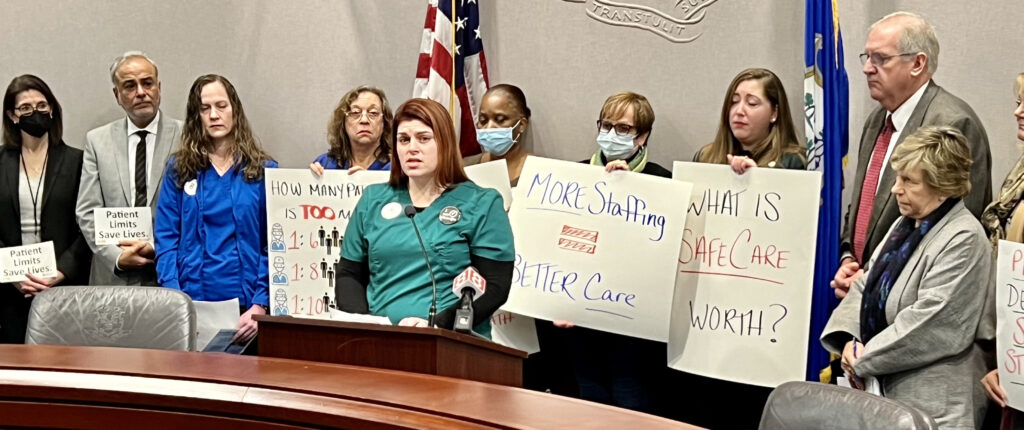
Union membership provides working people a voice on the job, a means for protecting their retirement security and the power to improve the quality of life in their communities. State and federal labor laws uphold fundamental rights to assembly and association, as well as collective bargaining agreements with employers. Together they serve as a shield against exploitation, abuse and discrimination. They empower everything from resolving minor workplace disputes, to receiving legal representation in disciplinary hearings to advocating for stronger safety protocols on the job.
The National Labor Relations Act (NLRA), Section 7, guarantees employees certain rights, including the right to:
- Self-Organize by forming, joining, or assisting labor organizers to bargain collectively through representatives of their own choosing, and engaging in other concerted activities for the purpose of collective bargaining or other mutual aid or protection;
- Discuss union organizing efforts during non-work time (breaks, before and after work) or when other non-work discussions are normally allowed;
- Sign union petitions or cards without fear of retaliation;
- Distribute literature during non-work time in non-work areas (parking lot, breakrooms, etc.); &
- Engage in lawful union activity without monitoring or the impression of being monitored by the employer.
Because employees have the right to form a union, it is illegal for management to:
- Discriminate against any employee based on union activities;.
- Promise benefits or privileges to discourage support of organizing a union;.
- Threaten layoffs to discourage support of a union;
- Selectively discipline any union supporter; or
- “Spy on,” surveil or otherwise observe union activities.
If management challenges an employee’s invocation of their rights, they should:
- Comply with management’s directives;
- Write down the time, place, who was involved and what was said; &
- Share this information immediately with their local union leadership (if applicable) and their AFT Connecticut field representative and/or organizer.
Click here to download a request for legal assistance form.
Click here to send an email to AFT Connecticut’s legal counsel.
Click here to learn more about the Union Plus legal assistance benefit.


